Search
Search Results

Definition
Isaac Newton
Isaac Newton (1642-1727) was an English mathematician and physicist widely regarded as the single most important figure in the Scientific Revolution for his three laws of motion and universal law of gravity. Newton's laws became a fundamental...
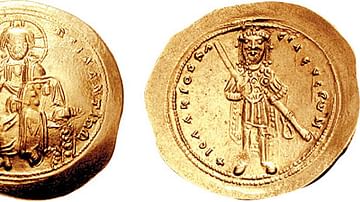
Definition
Isaac I Komnenos
Isaac I Komnenos was the Byzantine emperor from 1057 to 1059 CE. Although his reign was brief, he was known for being a capable and militarily astute general and emperor. As the first emperor to lead troops himself in battle in over 30 years...
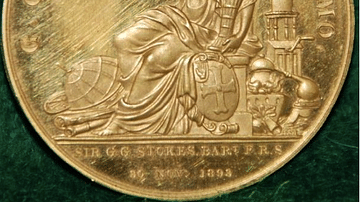
Article
The Foundation of the Royal Society
The Royal Society was founded in 1662 to promote scientific research and increase our knowledge of the natural world. With royal patronage and a stellar membership of great minds, the society quickly gained international recognition for its...

Definition
Gottfried Wilhelm Leibniz
Gottfried Wilhelm Leibniz (1646-1716) was a German polymath who became well-known across Europe for his work, particularly in the fields of science, mathematics, and philosophy. Leibniz's rationalist philosophy attempted to reconcile traditional...
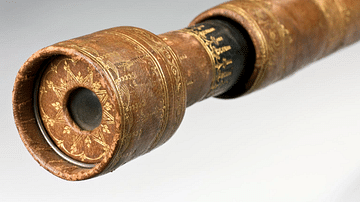
Article
The Telescope & the Scientific Revolution
The invention of the telescope in 1608 is usually credited to the Dutchman Hans Lippershey. The astronomical telescope became one of the most important of all instruments during the Scientific Revolution when figures like Galileo (1564-1642...

Article
Clocks in the Scientific Revolution
Keeping good time proved an elusive objective for centuries, and it was only in the second half of the 17th century, during the Scientific Revolution (1500-1700), that clocks were made which lost seconds rather than minutes each day. The...
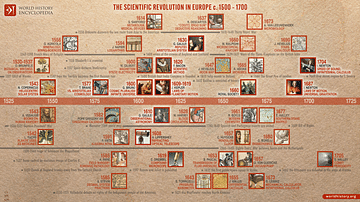
Definition
Scientific Revolution
The Scientific Revolution (1500-1700), which occurred first in Europe before spreading worldwide, witnessed a new approach to knowledge gathering – the scientific method – which utilised new technologies like the telescope to observe, measure...
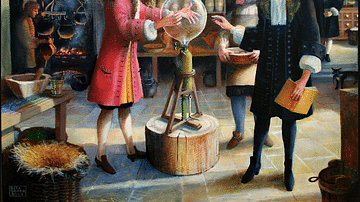
Definition
Scientific Method
The scientific method was first used during the Scientific Revolution (1500-1700). The method combined theoretical knowledge such as mathematics with practical experimentation using scientific instruments, results analysis and comparisons...
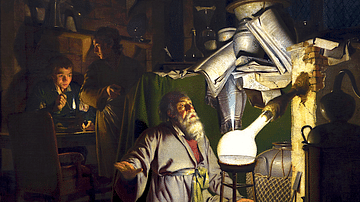
Definition
Alchemy
Alchemy is an ancient practice aimed at recreating precious substances using recipes and transformative materials such as the philosopher's stone. Alchemists believed that materials like gold, silver, gems, and purple dye could be recreated...
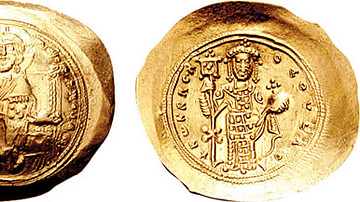
Definition
Constantine X Doukas
Constantine X Doukas was the ruler of the Byzantine Empire from 1059 to 1067 CE. During his reign, the Byzantine Empire was attacked by emerging enemies on all sides, including the Normans in Italy and the Seljuk Turks in Armenia and Anatolia...